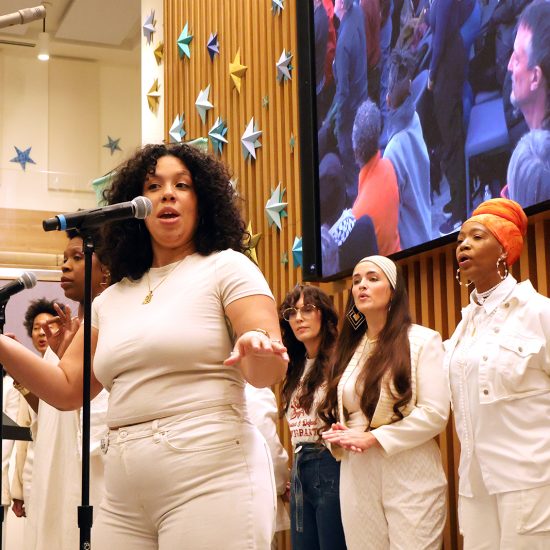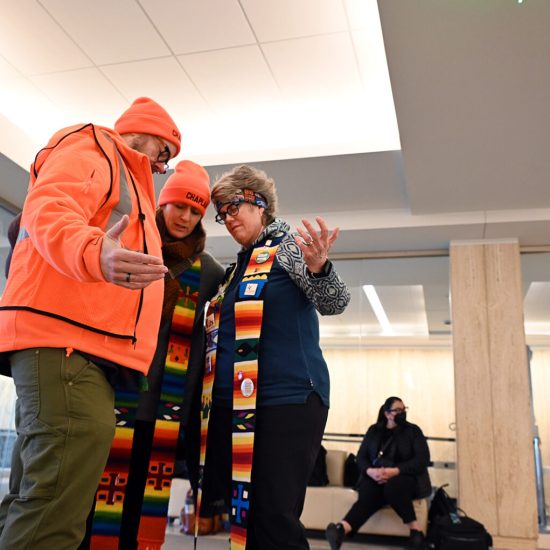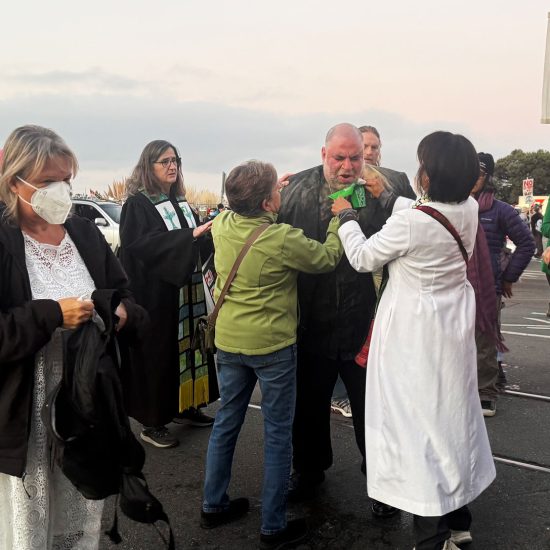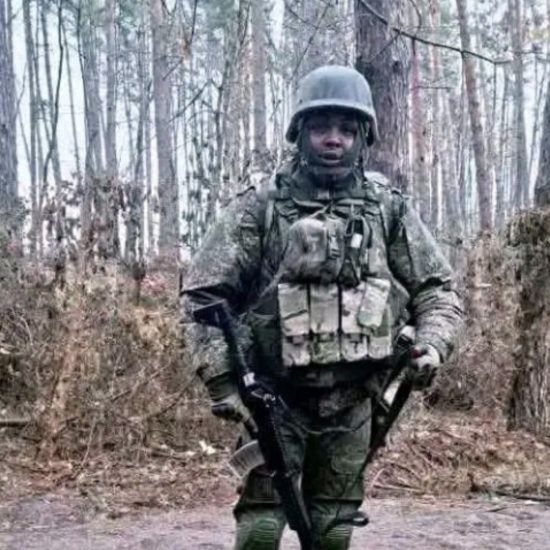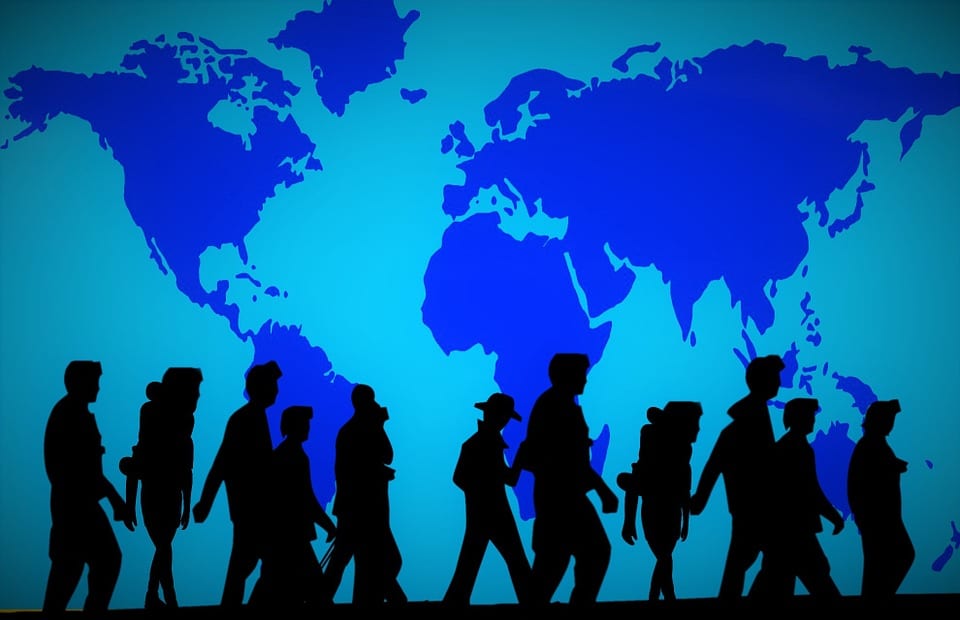
NAIROBI, Kenya (RNS) — African church leaders are speaking out against Libya’s move to shut down humanitarian organizations providing care to migrants and refugees being held in detention centers in the North African country.
The move is the latest signal of Libya’s determination not to become a resettlement zone for migrants fleeing violence in the Horn of Africa who have been stopped by European Union countries from crossing the Mediterranean.
“This deeply disturbs me. It (lack of care for migrants) leaves me angry,” Catholic Bishop Tesfasellassie Medhin told Religion News Service in a telephone interview from Ethiopia’s Tigray region. “It proves that we are losing communal responsibility.”
Thousands of migrants from Tigray fled into Sudan from 2020 to 2022 as the conflict between the Ethiopian army and a rebel group, the Tigray People’s Liberation Front, intensified. An estimated 600,000 people have been killed in the fighting, and an estimated 3 million others have been displaced, according to aid agencies. Barely a year later, the civil war in Sudan reignited, forcing the Tigray refugees to flee again.
With nowhere else to go, many landed in Libya, where they were crowded into ad hoc camps run by Libyan militias. The armed groups, some affiliated with the government but others run by smugglers and traffickers, have tortured and sexually assault refugees, according to church and human rights organizations.
On April 2, Libya’s Internal Security Authority banned 10 international non-governmental organizations from aiding migrants, accusing the nonprofits of attempting to resettle migrants of African origin in the mostly Arab country.

Libya, red, in North Africa. (Image courtesy Wikimedia/Creative Commons)
The Norwegian Refugee Council and Doctors Without Borders were among the organizations targeted. Representatives of Doctors Without Borders said that since mid-March, security agents had been summoning NGO officials and staffers at medical clinics working with them for interrogation. The authorities have ordered Doctors Without Borders to stop referring migrants to the clinics.
“Our organization is very concerned about the consequences that these (suspensions) will have on the health of patients and the safety of humanitarian workers,” a member of the NGO told Infomigrants.
Representatives of other aid organizations declined to speak about the suspension.
Libya is a major embarkation point for asylum seekers and migrants aiming to reach Europe, but church leaders say that, increasingly, militias in Tripoli, the capital, and other cities are not targeting those trying to cross to Europe but are instead arresting sub-Saharan migrants who have taken up residence while waiting for the adjudication of asylum claims. After arresting them, church sources say, they are sold as slaves; women and girls are forced into sex work.
More than 60,000 refugees and asylum seekers are in Libya, according to the United Nations High Commission for Refugees, while an estimated 4,700 migrants have been detained by armed groups in camps, according to the African Union.
The Rev. Mussie Zerai, an Eritrean Catholic priest known as “Dr. Father Moses” for his work with migrants attempting the Mediterranean crossing, reported that in recent weeks, house-to-house raids have been carried out with a “very high dose of violence and racism.”
“We are trying to urge UNHCR and the EU to intervene, but the instigator of these anti-migrant policies underway in Libya is the European Union,” he told RNS. “Countries like Italy finance these militias to do the dirty work to prevent any potential migrants from trying to reach Europe.”
The problem has been exacerbated, Zerai said, by the Trump administration’s withdrawal of funds from U.N. refugee programs. “The UNHCR is very weakened due to a lack of funds after the political choices that Trump is carrying out in the USA, cutting funds to many U.N. agencies. So it is difficult for us to find solutions, too,” said the priest.
Zerai urged African churches to exert more pressure on the African Union to do all in its power to protect human rights and rights of migrants and refugees.
“Africa cannot continue to ignore the dignity and fundamental rights of its children that are systematically trampled in countries such as Libya, Tunisia, Algeria and Egypt, all in an anti-African key to please the Europeans,” said the priest.
The same day that Libya announced its ban, it was reported that 500 migrants will be evacuated from the country to Rwanda under an agreement struck in 2019 by the AU, Rwanda, and UNHCR to set up an emergency mechanism for evacuating refugees and asylum seekers.

